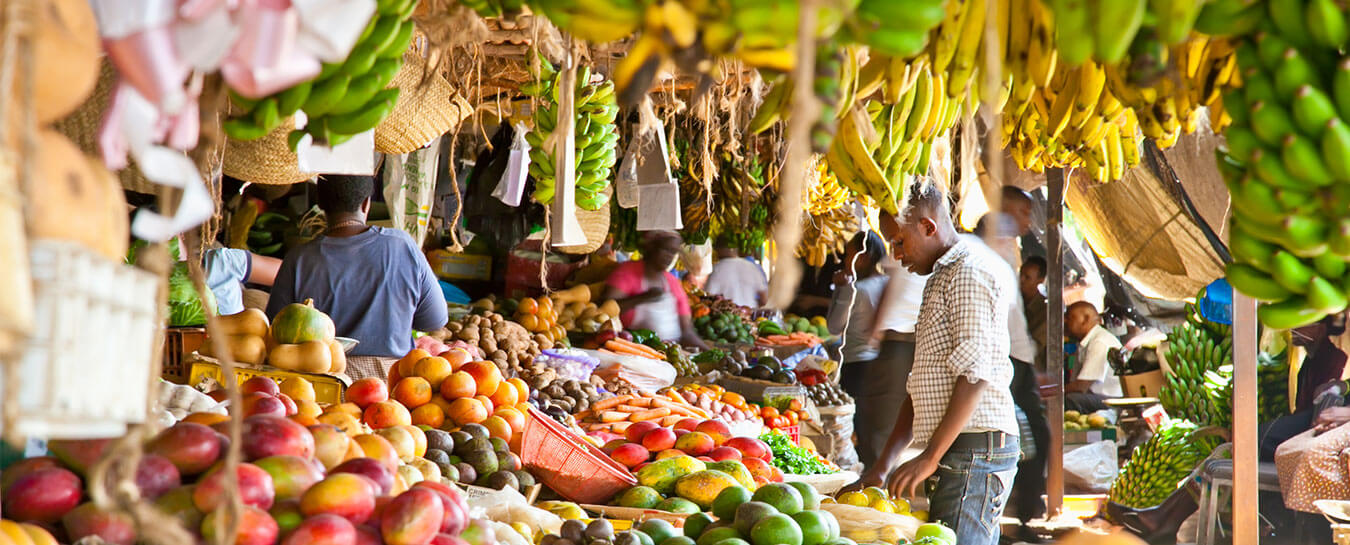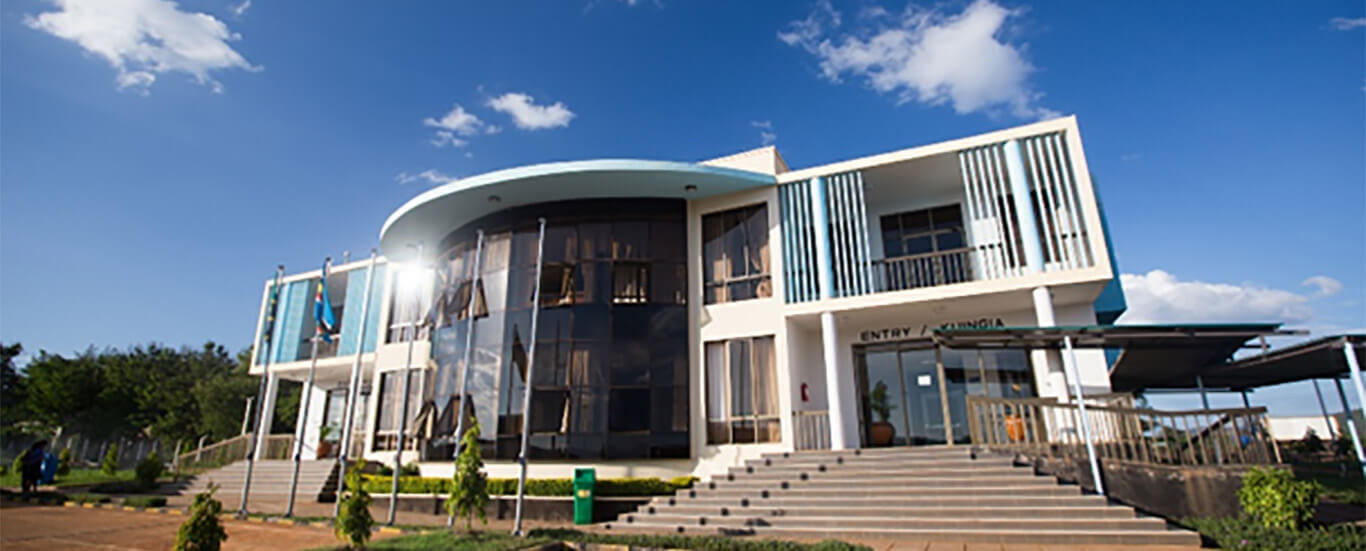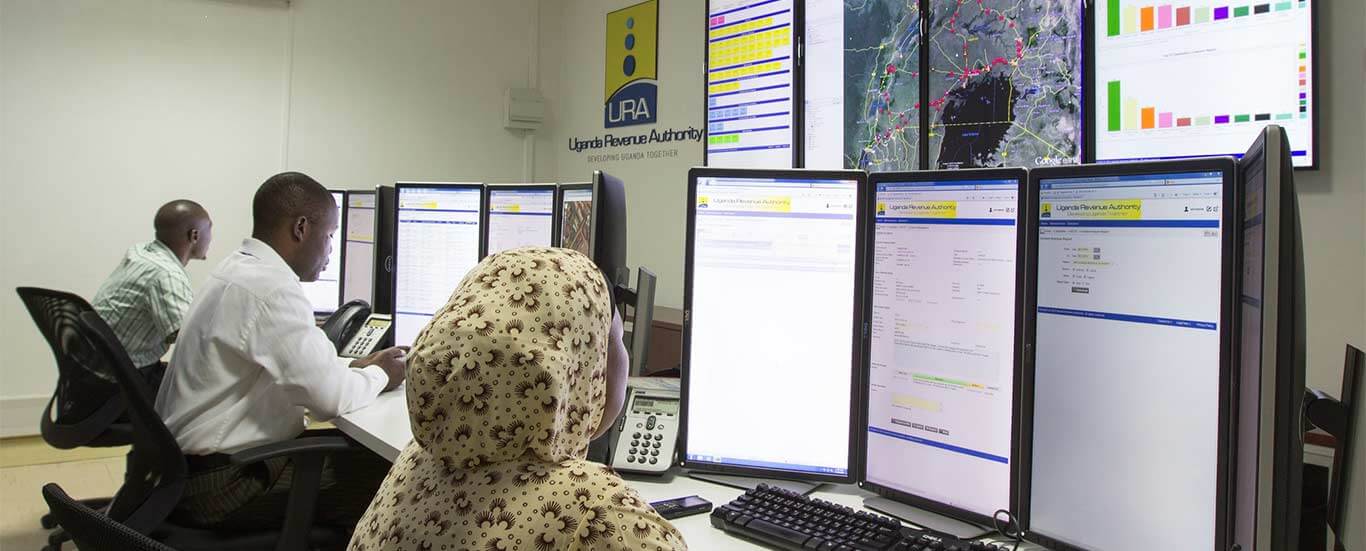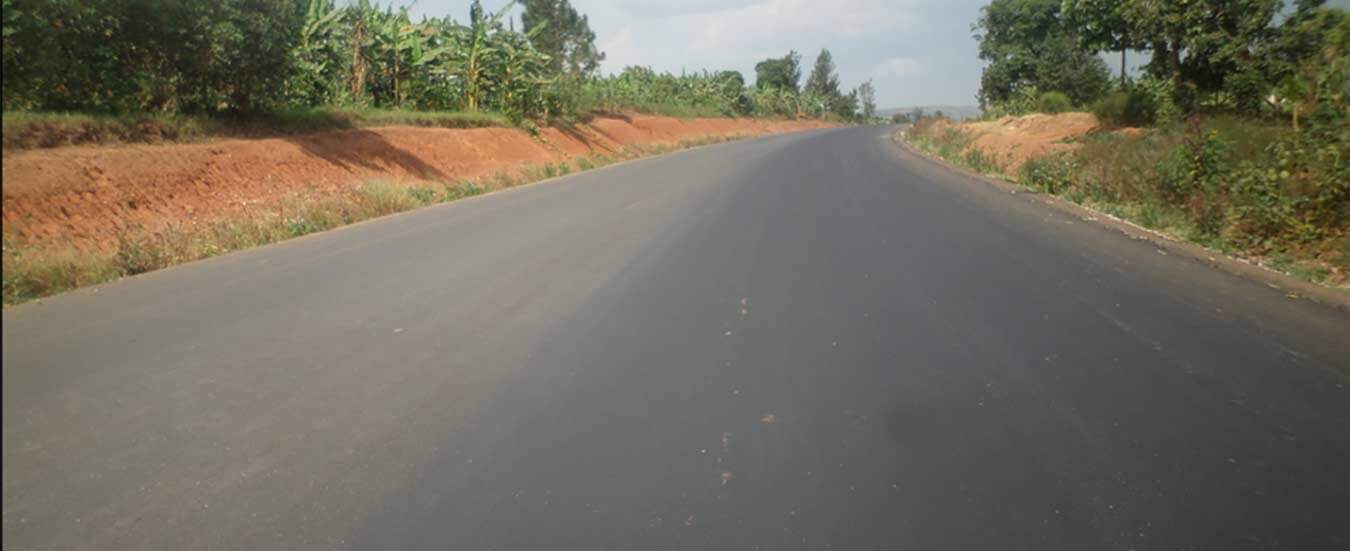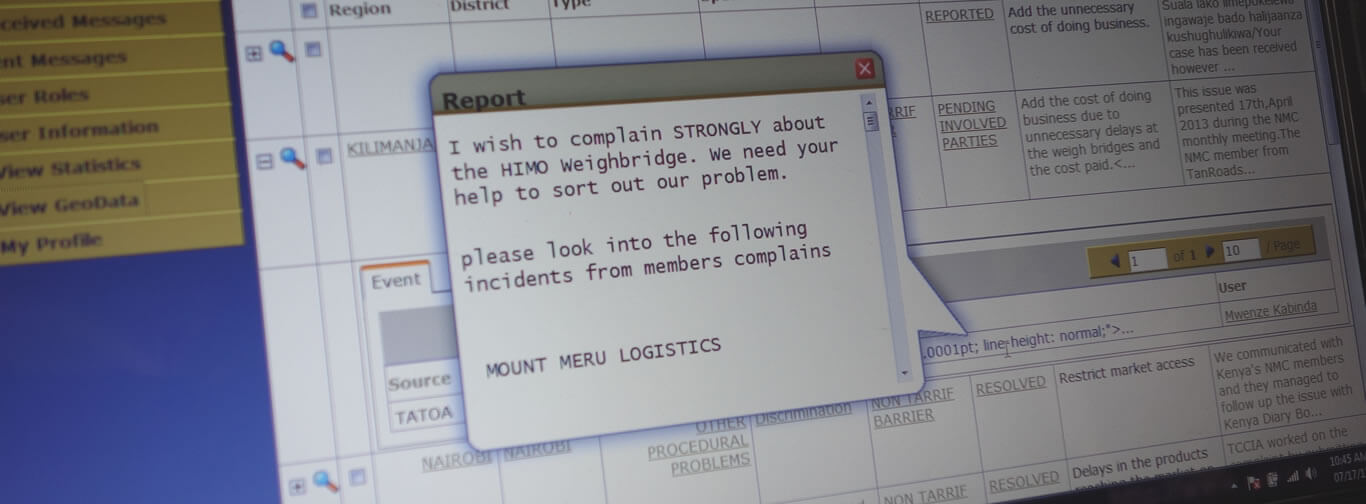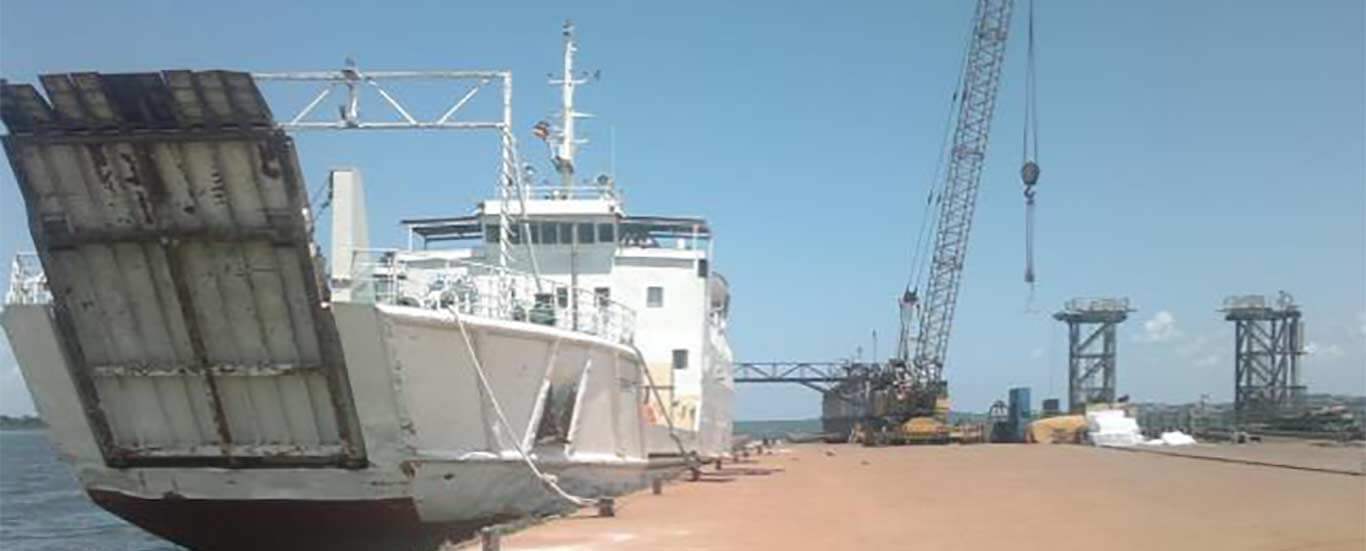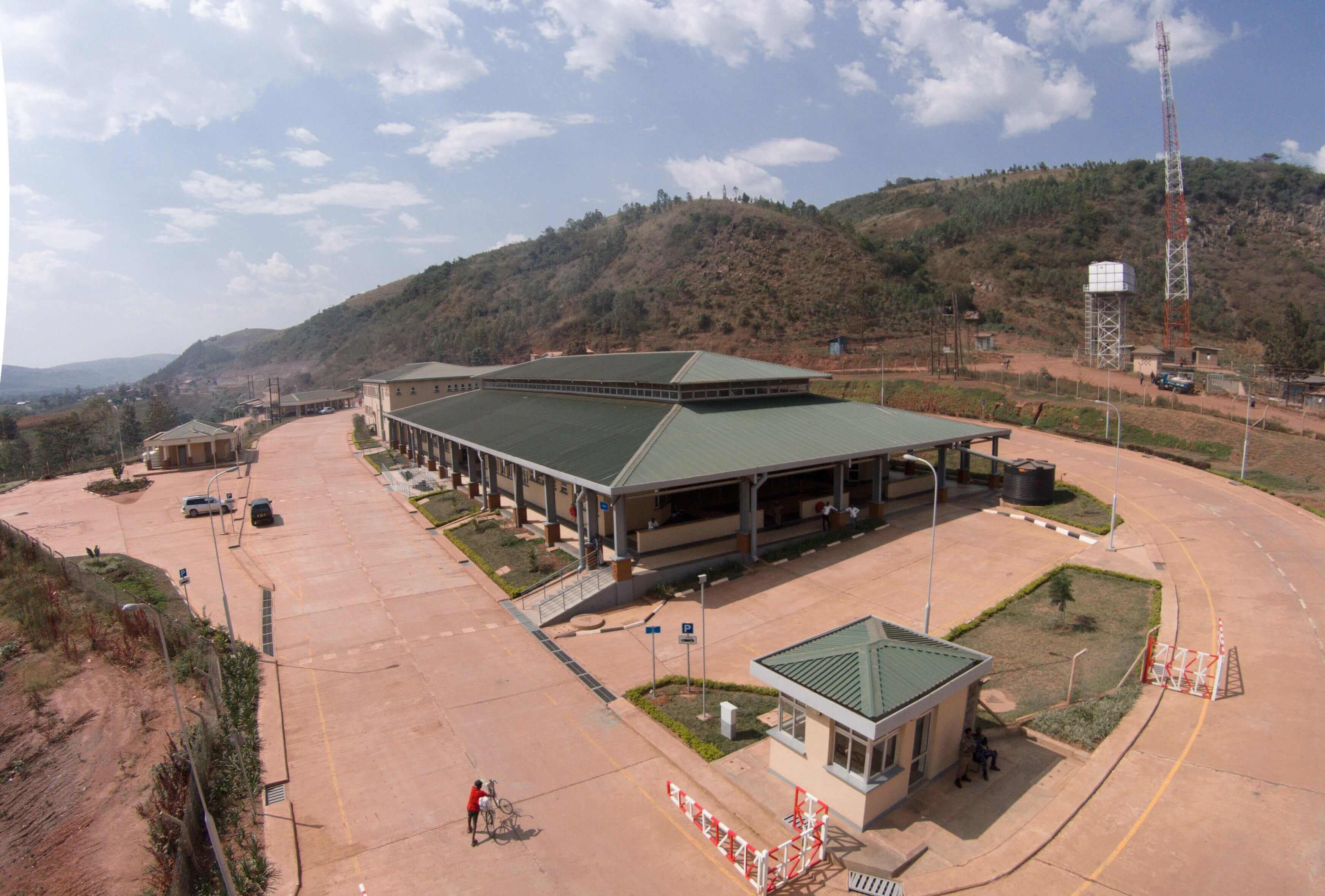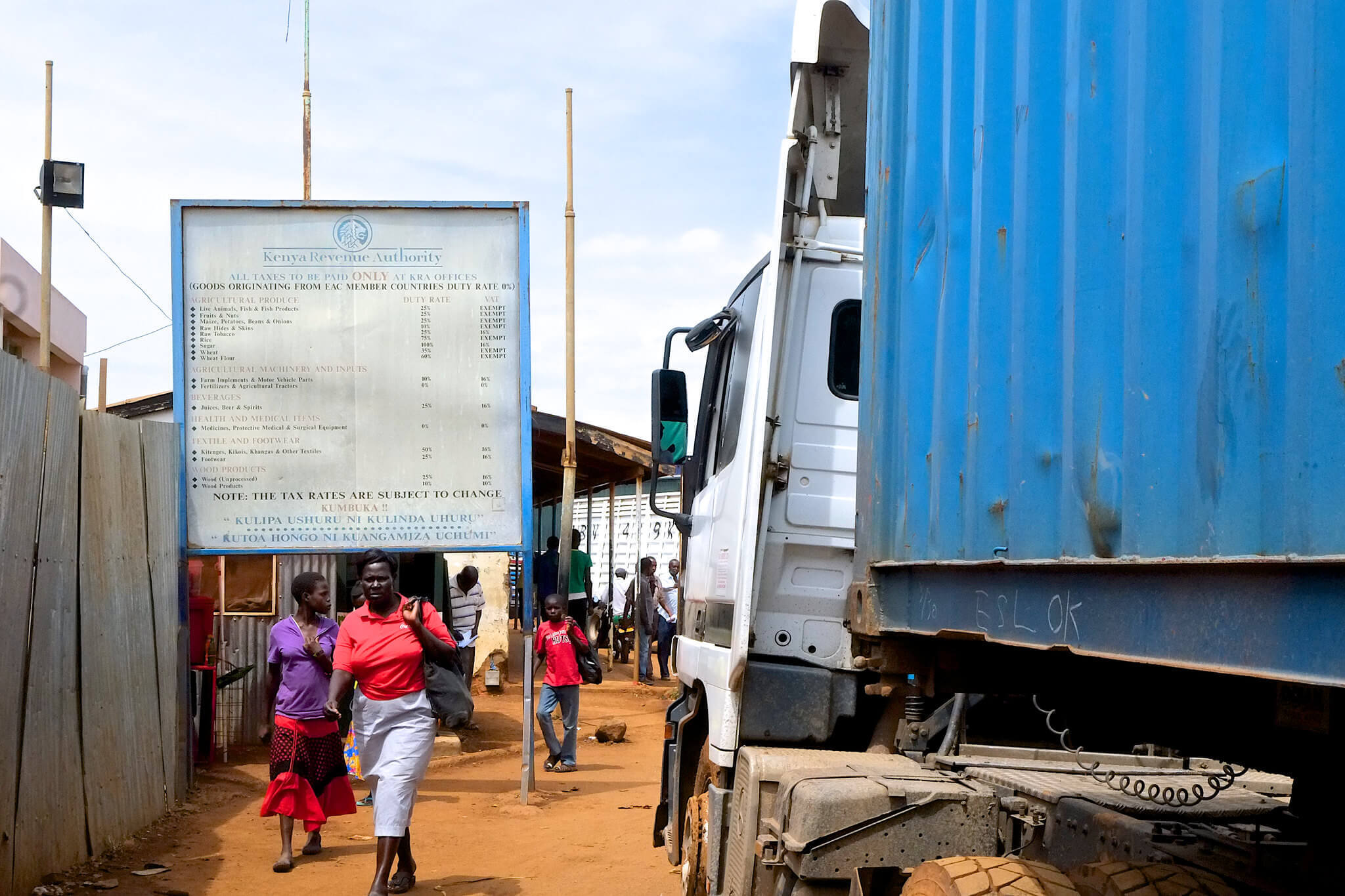[vc_row][vc_column][custom_inner_menus select_menu="project"][/vc_column][/vc_row][vc_row][vc_column][single_project_block_1 heading="Fresh produce small holders EAGAP certification" implementor="The Fresh Produce Exporters Association of Kenya (FPEAK)" target_group="Farmers" project_value="US$ 697,653" implementation_period="2012 - 2015" download_btn_text="Download Project PDF" download_btn_link="#url"]Smallholder farmers in East Africa continue to face huge challenges in complying with market standards, which in turn affects the marketability of their produce. Among these challenges has been the low access to Good Agriculture Practice information, in part as a result of the existing standards being presented in a foreign language (English), thereby locking out a large percentage of the regions small scale farmers. What: This project is therefore aimed at developing a localized version of GlobalGAP (Good Agric. Practices) called East Africa GAP (EAGAP) that is available in Swahili. Developing auditors and trainers on EAGAP and supporting groups of farmers producing fresh produce in each of the East African countries to become certified in EAGAP. Certification will increase the selling price earned by smallholder farmers. How: TMA is providing funding to Fresh produce Exporters Association of Kenya (FPEAK) to facilitate domestication of good agricultural practices by horticulture farmers in East Africa. This project will be coordinated by FPEAK, but implemented in respective countries through established horticulture associations/organizations. Contact: Simon Konzolo: [email protected] Click here to learn more about One Stop Border Posts Program[/single_project_block_1][/vc_column][/vc_row][vc_row el_id="desired-result"][vc_column][single_project_block_2 heading="Desired Results" image_1="42358" image_2="42242"]Adoption of market and good agricultural practice standards by the region’s horticultural growers. This will in turn increase East African products competitiveness.[/single_project_block_2][/vc_column][/vc_row][vc_row disable_element="yes"][vc_column][project_single_ele_3_container heading="More Project Insights." sub_heading="Projects Highlights From A Glance" slide_1="info access for 20 crops &...
Fresh produce small holders EAGAP certification
Posted on: September 25, 2014
Posted on: September 25, 2014

